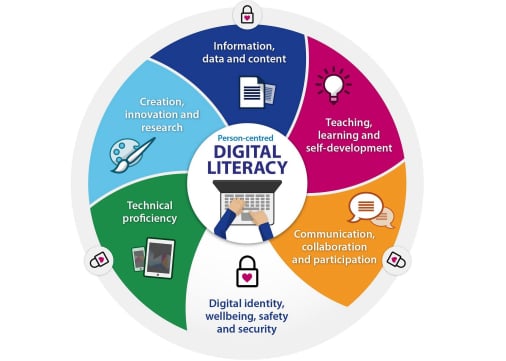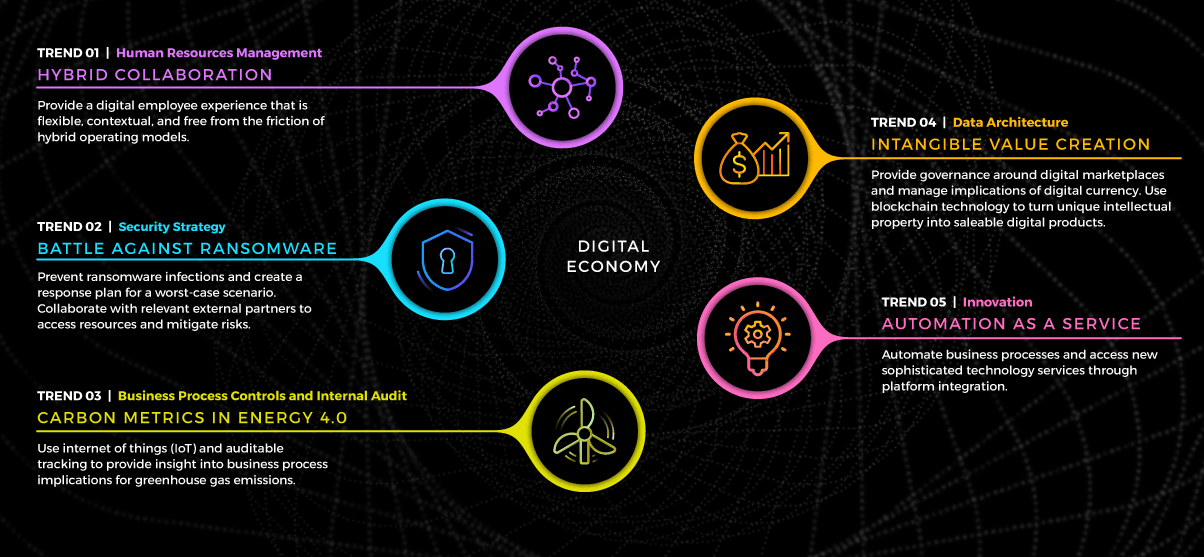
In the rapidly evolving digital landscape, "digital" serves as a transformative adjective, reshaping our understanding of ancient concepts such as rights, citizenship, and literacy. As I reflect on our discussions and peer reviews, I recognize the profound impact of the digital age on these fundamental pillars of society and how they intersect with my career aspirations in IT Administration.
The word "digital" introduces a paradigm shift, signaling technological advancement and normative changes in societal structures. It amplifies the importance of digital rights, emphasizing individuals' access, use, and protection in digital spaces. In the context of my role in IT Administration, understanding and advocating for digital rights will be paramount. The evolving nature of these rights, influenced by data privacy laws and emerging technologies, will shape my career trajectory. As digital citizenship expands beyond national borders, my responsibilities may extend to ensuring compliance with international regulations and safeguarding users' digital freedoms.
